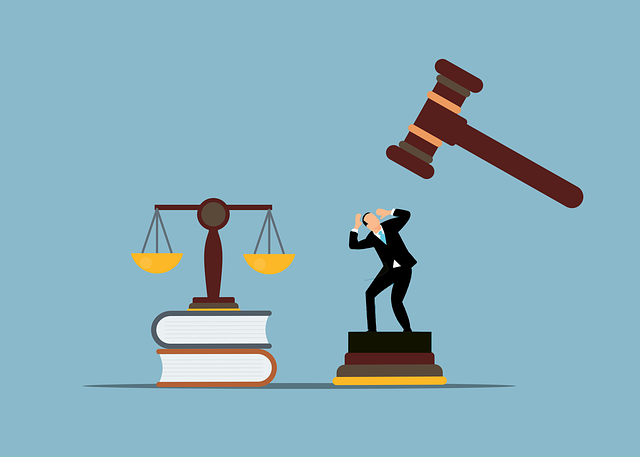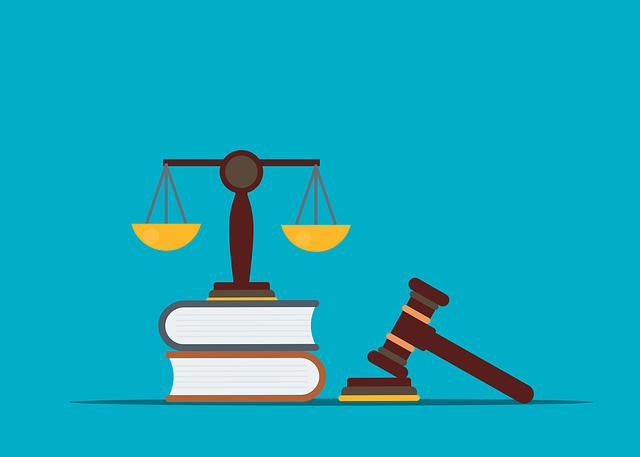Understanding Oregon criminal defense laws is essential for anyone facing charges in the state. The comprehensive Oregon legal statutes and rules protect accused individuals while ensuring justice, covering crime definitions, law enforcement procedures, and rights like the right to an attorney and presumption of innocence. Navigating these fundamentals is key for asserting rights throughout the legal process, with Oregon's robust framework guiding evidence handling, arrest procedures, and sentencing, fostering fairness and transparency in the criminal justice system.
Navigating Oregon’s complex defense laws is crucial for anyone facing criminal charges. This comprehensive guide explores the intricate web of Oregon criminal defense principles and rights, from foundational definitions to practical applications. We delve into the state’s legal code, key statutes, and administrative rules that shape criminal proceedings. Understanding this legal framework empowers individuals to navigate Oregon’s defense regulations effectively, ensuring a robust and informed defense strategy.
- Understanding Oregon Criminal Defense Laws: A Foundation
- – Definition of criminal defense in Oregon
- – Basic principles and rights guaranteed to accused individuals
- Oregon Legal Statues: The Comprehensive Framework
Understanding Oregon Criminal Defense Laws: A Foundation

Understanding the fundamentals of Oregon criminal defense laws is crucial for anyone facing criminal charges in this state. Oregon’s legal framework provides a robust system designed to protect the rights of the accused while ensuring justice is served. The Oregon legal statutes offer a comprehensive set of rules and regulations that govern how criminal cases are handled, from arrest to sentencing. These laws lay out clear guidelines on what constitutes a crime, the procedures for law enforcement and prosecutors, and the rights reserved for individuals facing charges.
At its core, Oregon’s criminal defense system is based on the principle of ensuring fair trials and protecting the constitutional rights of citizens. The state’s legal framework guarantees certain basic rights, such as the right to an attorney, the right to remain silent, and the presumption of innocence. Understanding these fundamentals is essential for anyone navigating the complexities of Oregon criminal defense laws, enabling them to assert their rights effectively throughout the legal process.
– Definition of criminal defense in Oregon

In Oregon, the concept of criminal defense is governed by a comprehensive legal framework outlined in its legal statutes. Oregon criminal defense laws provide individuals accused of crimes with a series of protections and rights to ensure a fair trial. At its core, criminal defense involves the arguments and strategies employed by lawyers to protect their clients from criminal charges or to reduce potential penalties. It encompasses various legal doctrines and principles aimed at challenging the state’s case against an accused person. Understanding Oregon laws is crucial for both defendants and their attorneys when navigating the complexities of the state’s criminal justice system.
The legal framework in Oregon offers a structured approach to criminal defense, ensuring that the rights of individuals are respected. These regulations guide how evidence is handled, what constitutes reasonable suspicion or probable cause, and the procedures for arrests, searches, and seizures. By understanding these Oregon defense regulations, those involved can better comprehend their options, the strength of the state’s case, and the potential outcomes in a criminal proceeding.
– Basic principles and rights guaranteed to accused individuals

In Oregon, as with any jurisdiction, a robust legal framework governs interactions between law enforcement and accused individuals. Understanding these Oregon criminal defense laws is crucial for anyone facing criminal charges. The state’s legal statutes guarantee several fundamental rights to those under investigation or arrest. One of the key principles is the right to remain silent; this means an individual has the legal ability to refuse to answer questions that could incriminate them, a right often invoked during police interrogations. Additionally, Oregon defense regulations provide for a fair and just process, ensuring accused persons are informed of the charges against them and have access to competent legal representation.
The legal framework in Oregon is designed to protect the rights of the accused while also enabling effective law enforcement. This includes the right to a speedy trial, the presumption of innocence, and protection from excessive bail or cruel punishment. By understanding these criminal defense basics in Oregon, individuals can better navigate the complexities of Oregon’s legal system, ensuring their rights are respected throughout any legal proceedings.
Oregon Legal Statues: The Comprehensive Framework

Oregon’s legal statutes provide a comprehensive framework for understanding and navigating the state’s criminal defense laws. The Oregon Revised Statutes (ORS) encompass a detailed set of rules and regulations that govern various aspects of criminal proceedings, offering a robust foundation for those involved in Oregon’s justice system.
The ORS outlines the elements required to prove criminal offenses, defines different types of crimes, and establishes guidelines for sentencing. This legal framework ensures consistency and fairness by providing clear parameters for law enforcement, prosecutors, defense attorneys, and judges alike. By understanding these statutes, individuals can better comprehend their rights and responsibilities within Oregon’s criminal defense basics, fostering a more informed and transparent legal environment.
